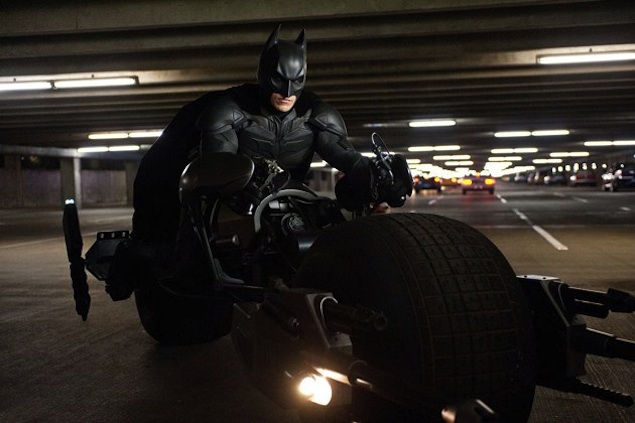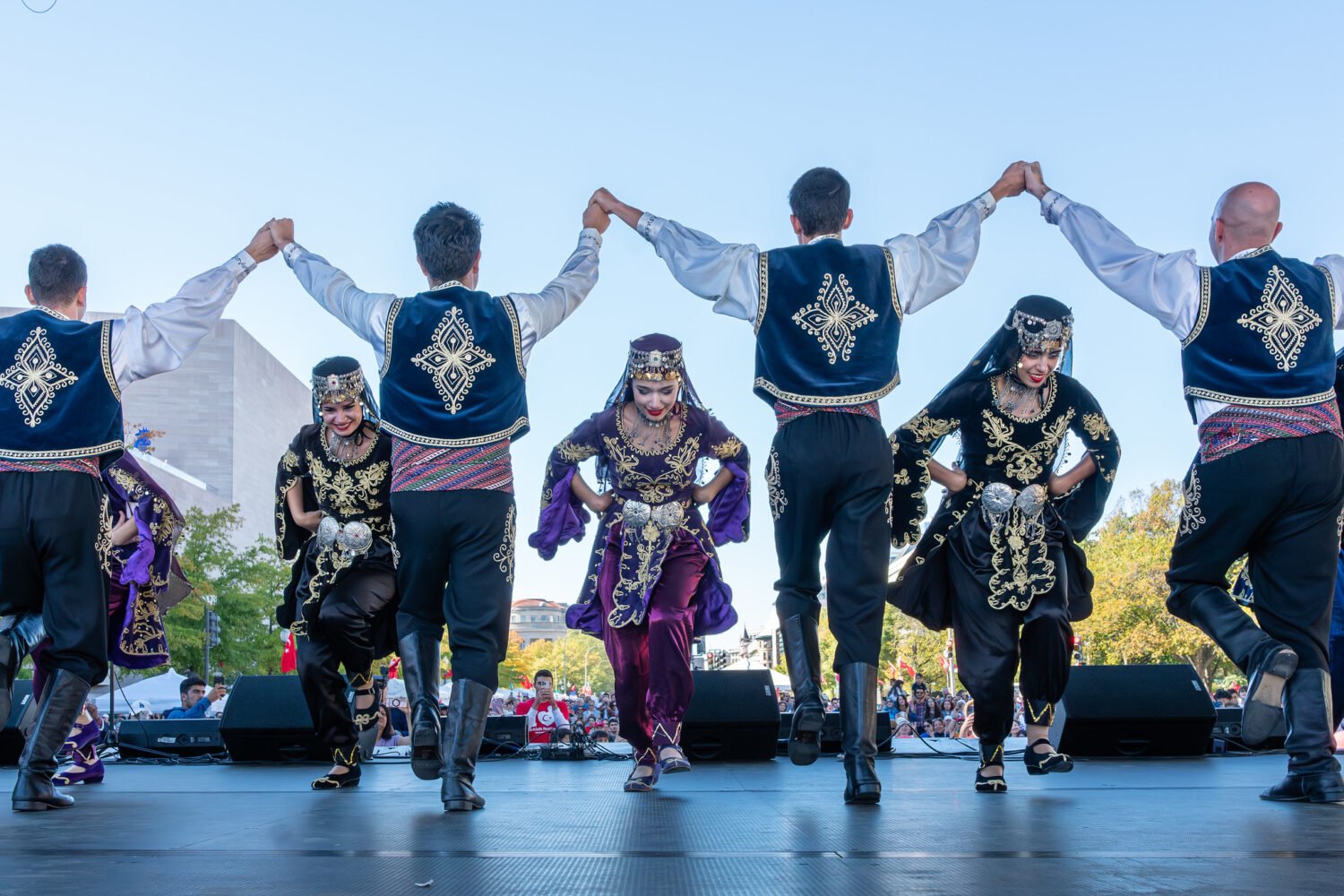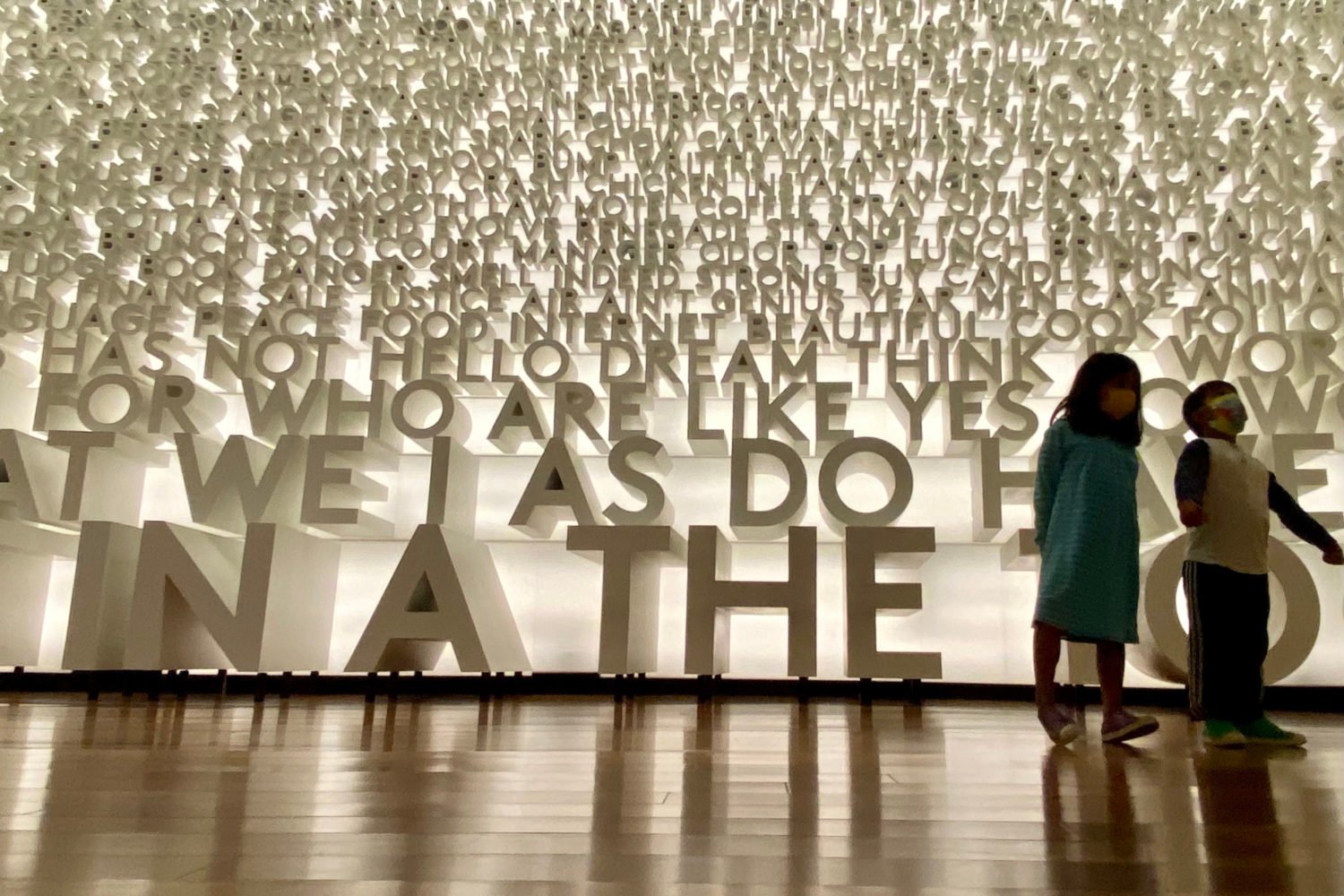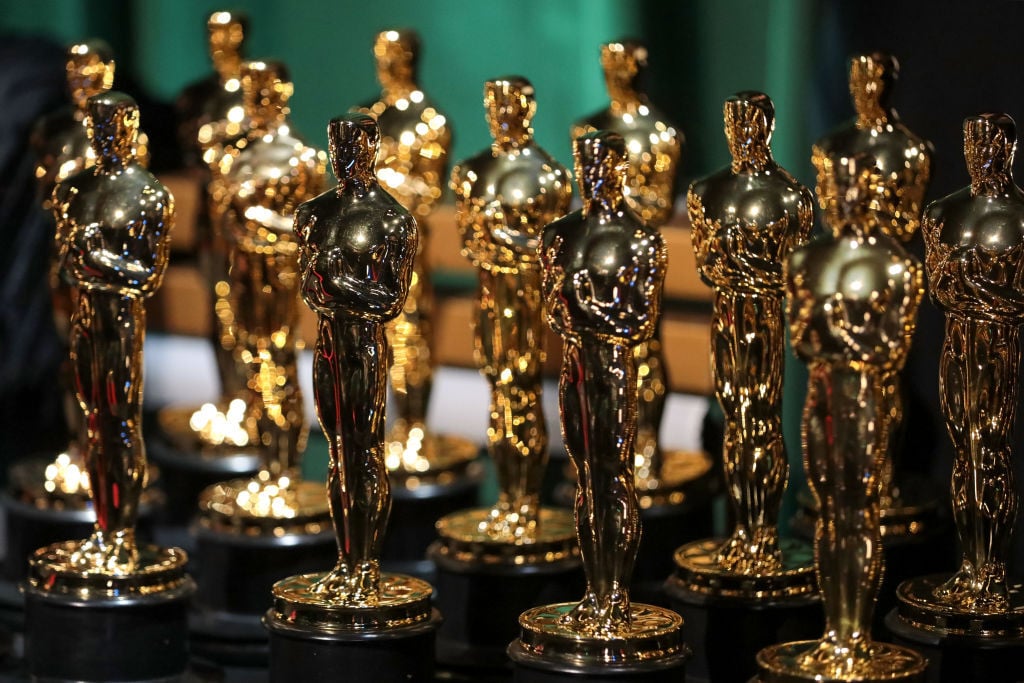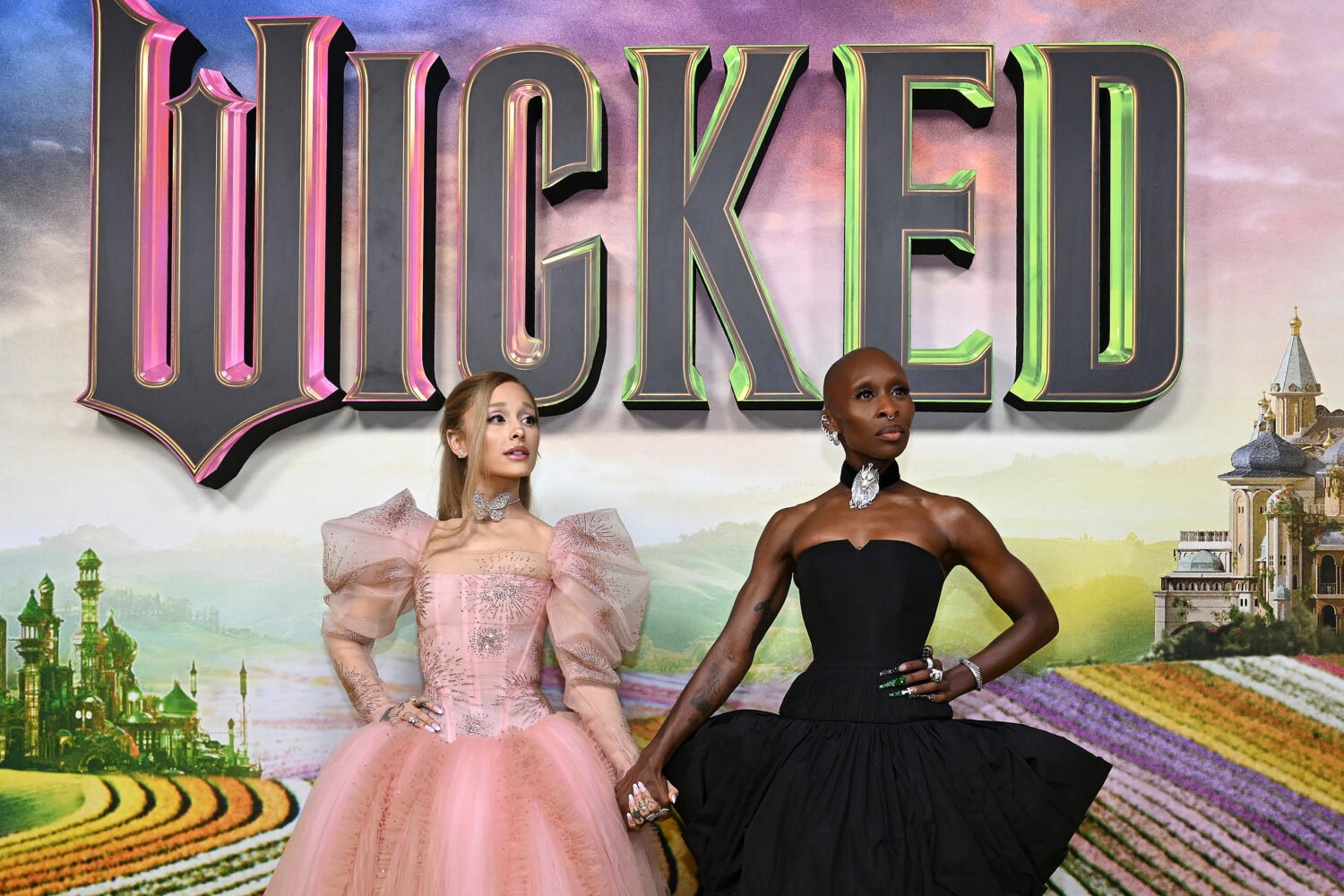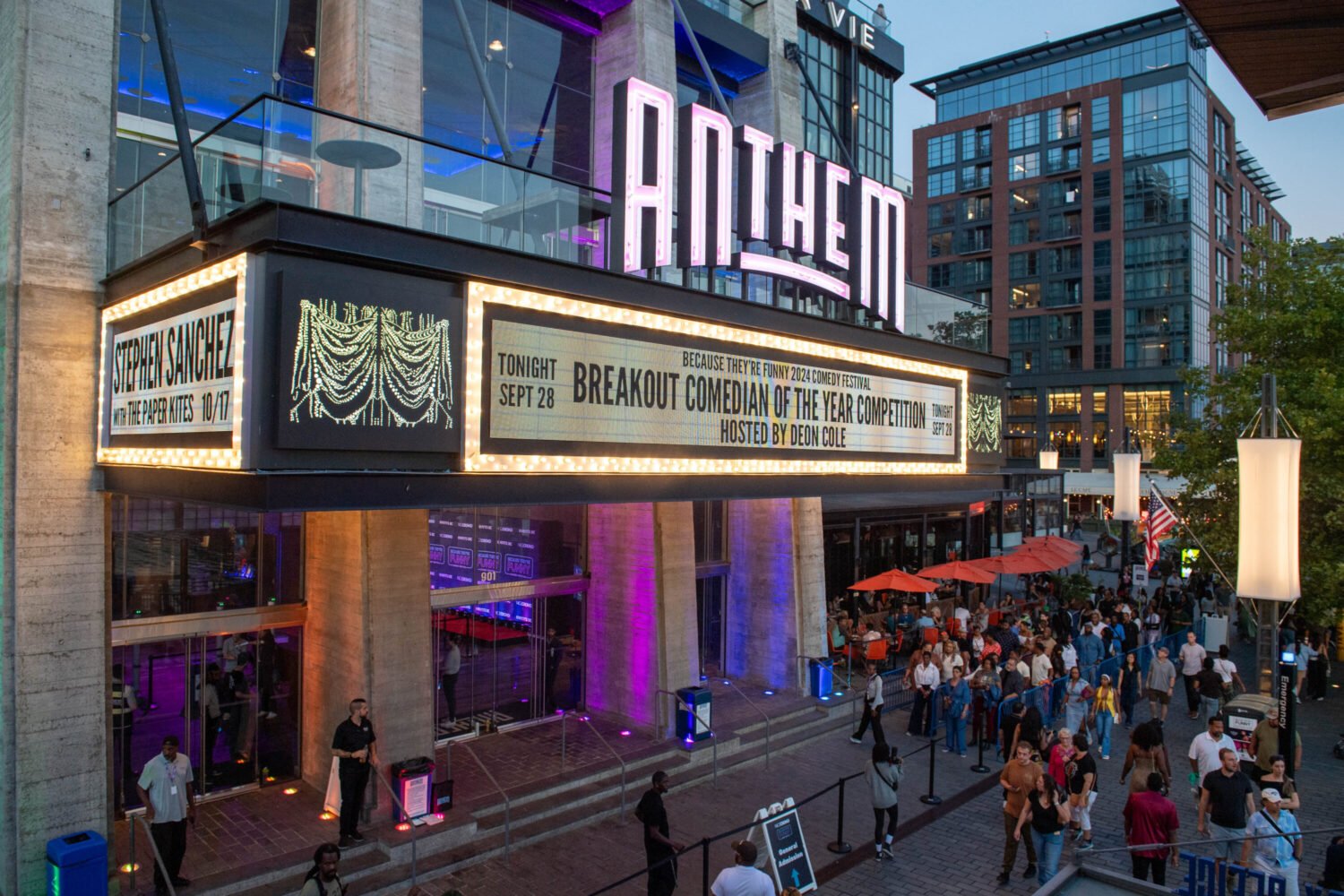Christopher Nolan knows how to please a crowd. That’s not the easiest task in the case of
The Dark Knight Rises, though, because the elements are working against him. Expectations for the film
are unbelievably high. It has a bladder-challenging running time of 165 minutes. Nolan
and his cowriters have created enough story here fill a ten-episode HBO series, and
only barely manage to cram all that into less than a third of that time without some
spilling over the sides. And instead of going the easy route and making a third movie
that’s simply a standalone installment in a superhero series, the director has made
his Batman saga into a true trilogy with an arc that ties in threads and themes from
the two previous films. The degree of difficulty involved in balancing on that many
knives’ edges overlooking potential disaster is high, yet by the time the credits
roll, there it is: Nolan sticks the landing.
TDKR finds Bruce Wayne (Christian Bale) a recluse, eight years after his alter ego took the fall for murdering Gotham’s
white knight, Harvey Dent, supposedly in cold blood—Batman’s sacrifice of his image
saving the populace from finding out that Dent, their unmasked hero, had actually
gone insane and tried to kill Commissioner Gordon’s (Gary Oldman) son. Thanks to draconian crime legislation passed to honor Dent’s memory, Gotham
is now a gleaming utopia, practically free of crime. But cracks are beginning to show
all over: Gordon continues to feel guilt over carrying this lie around for so long;
Wayne Enterprises is no longer profitable; and a masked mercenary, Bane (Tom Hardy), is bent on destroying the city, using a power-to-the-people tear-down-the-rich
message as his cover when really he wants to blow every man, woman, and child, regardless
of social status, to the skies.
Not everything here is a wild success—Hardy is one of the most expressive actors working
today, but Bane’s face mask robs his performance of some of its potential power. Additionally,
with so much story to cover, there are times when Nolan creates sketches and lets
us fill in the rest in our heads or overloads long speeches with exposition. But he
also chases after much bigger ideas than a standard-issue popcorn flick. There’s been
grumbling in some corners that his message is unclear or, even more wrong-headed,
that the film is either a left-wing screed against authority or a right-wing repudiation
of the Occupy movement. But I found the film’s themes crystal clear, if almost unrelentingly
dark: We are all corrupt, we are all corruptible, and good intentions don’t justify
ugly actions. Everyone in this movie is flawed, even as every one of them has, at
some point, some kind of noble interest at heart. Managing that kind of moral ambiguity
may be the most difficult hurdle Nolan has to leap in the course of capping off the
trilogy, but I’d say he cleared it with room to spare.
View the
trailer. Opens tomorrow at
pretty
much any place in the area capable of setting up a projector
and a
screen.
This documentary, which premiered in DC at the 2010 Silverdocs festival, looks at
the AIDS epidemic here in Washington, where the percentage of people with HIV runs
higher than anywhere else in the country. The film was written and co-produced by
Jose Antonio Vargas—the former
Washington Post reporter who made news last year when he wrote about being an undocumented immigrant—based
on his own extensive reporting on AIDS in the years prior to the making of the film.
The film is being presented as part of the International AIDS Conference,
which begins here this weekend, and the screening will be followed by a panel discussion
with the film’s director,
Susan Koch, film participants
J’Mia Edwards and
Jose Ramirez, and
POZ magazine editor
Regan Hofmann.
View the
trailer. Wednesday at 6 PM
at
the Smithsonian American History
Museum.
While
Stanley Kubrick’s later work is more likely to come quickly to mind when asked to name his masterpieces—titles
like
A Clockwork Orange and
2001: A Space Odyssey—it’s his fourth feature, and his second to last before he left Hollywood for England,
that I go back to more than any other. For a director often characterized as cold
and misanthropic, his 1957 feature,
Paths of Glory, is a burst of warm faith in humanity—albeit only coming at the end of 88 minutes
of some of the worst betrayals and displays of cowardice men can possibly commit against
one another. The film centers on a group of French soldiers in World War I who are
given orders to complete a suicide mission their superiors know will fail and will
do nothing to advance their cause. When the men retreat under heavy fire, the brass
pick three men at random to face court martial for cowardice, and their commanding
officer (Kirk Douglas), steps in to defend them—an impossible mission in itself. Douglas’s performance
as Dax is one of his most moving, and the suspension of logic and honor Kubrick puts
on display makes for a grimly effective advertisement against the whole notion of
war.
But it’s the film’s final, haunting scene that is one of the most unforgettable and
moving that I know of. A German woman in a tavern where the French soldiers are enjoying
a break and a drink is ordered onstage to sing a German folk song. As the song goes
on, the soldiers—formerly rowdy, catcalling and heckling—go silent, and then many
begin weeping openly, moved by the simple beauty of this lone woman’s shaky voice
onstage before them. The scene is a triumph of compassion over aggression, of beauty
over the ugliness of war. The film is just a plain trump.
View the
trailer. Four screenings
over
the course of the next week at the
AFI. Check the
schedule
for exact dates and times.
British director
Michael Winterbottom tackles his third Thomas Hardy adaption, this time
Tess of the d’Ubervilles. The novel was adapted by
Roman Polanski in 1979, in a more faithful reading, but Winterbottom takes an entirely different
approach to the material, setting its story of a poor young woman and her near-entrance
into the wealthier classes in modern-day India rather than Victorian England. Winterbottom
rearranges themes and motivations and combines major characters, but Hardy’s basic
story is still recognizable, and the overwhelming and growing sense of doom typical
of the author is still present. This makes
Trishna a heartbreaker of a film to watch, but deeply affecting nonetheless. You can read
my full review over at NPR.
View the trailer. Opens tomorrow at Bethesda
Row.
Chinese-Canadian filmmaker
Yung Chang’s second documentary feature focuses on
Qi Moxiang, a Chinese boxing coach who travels around rural areas of China looking for potential
Olympic boxing hopefuls. The film concentrates on two of those recruits and the rigorous
training administered by Moxiang, even as he himself trains to head back into the
ring one more time.
View the trailer. Opens tomorrow at West
End Cinema. Also at West End for the next week, don’t forget to check out
Ballplayer: Pelotero, co-directed by
Trevor Martin, whom we interviewed
yesterday.
Blu-ray/DVD Pick of the Week:
The Turin Horse
Hungarian director
Béla Tarr is rarely spoken of outside hardcore cinephile circles. He’s the maker of challengingly
meditative works of film art; his 1994 film,
Sátántangó, is considered a masterpiece, which means you feel you ought to watch it, but with
a running time of seven hours and 12 minutes, it’s a daunting task. It’s perhaps true
then that while his films are things of beauty meant to be watched on a big screen,
watching them at your own pace at home is probably a more accessible option. This
week brings the opportunity to see what Tarr has said will be his final film,
The Turin Horse—which was a huge hit with critics and festival audiences and had a run here in DC
at West End earlier this year—in the comfort of your living room.
Shot in black and white in his traditional long-take approach (the 146-minute film
comprises just 30 shots), it tells the story of an Italian horse, his owner, and the
owner’s daughter, immediately after Friedrich Nietzsche stopped the man from whipping
his horse. It’s a supposedly true story that’s said to have precipitated the philosopher’s
descent into madness—though this isn’t his story. It’s the horse’s.
Special Features: Audio Commentary with film critic
Jonathan Rosenbaum, the 1978 Tarr short
Hotel Magnezit, a recording of the film’s panel discussion at the 2011 Berlin Film Festival, a 2007
interview with Tarr about his career conducted by critic
Howard Feinstine, the theatrical trailer for the film, and an essay by critic
J. Hoberman.

